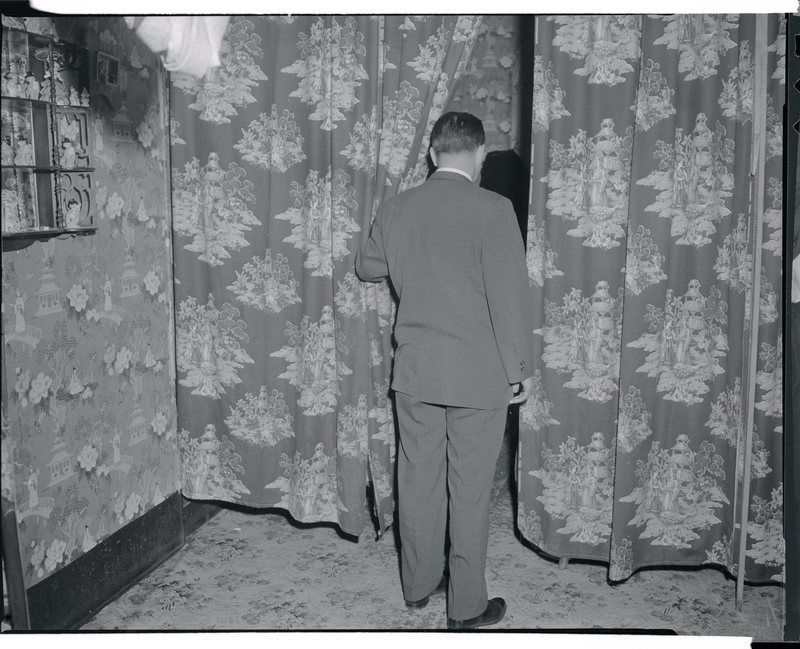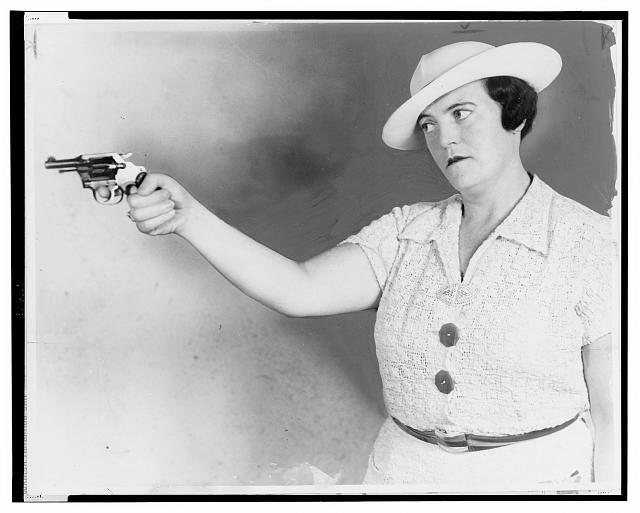
On April 17, 1929, Mikette Cuba was fined $100 for a most unusual crime: illegal fortune telling. She had looked in the tea cup of an undercover policewoman, and predicted “a trip across water” and “a tall dark man.
” But she made one fatal mistake. She accepted 25 cents in return for the premonition and fell into a New York Police Department trap. Charging money for fortune telling was illegal, and the Police Department was waging war against “tea rooms of occult nomenclature.”From the late 1920s and onwards, fortune-telling tea rooms flourished in American cities from Pittsburgh to Portland. They emerged out of decades of popular interest in the supernatural, and the most popular theme was a stereotypical depiction of Romani life. Staff wore colorful shawls, fiddlers provided entertainment, and elaborately dressed fortune tellers read tea leaves, palms, or crystal balls for excited guests.

At venues such as Mikette Cuba’s workplace, the Gypsy Tea Room on 5th Avenue, the New York Herald Tribune explained that “a peep into the future is offered as inducement toward purchase of tuna fish salad with mayonnaise dressing, nut bread and pimento sandwiches, a dill pickle, ice cream, tea, and angel cake.”
Legally, these peeps into the future had to be free. American laws against fortune telling had already been on the books for hundreds of years, but by the 1920s, they had been tightened and enforced.
Fortune tellers in New York weren’t allowed to take any payment from guests, or even from tea house proprietors. They could only accept tips. Anyone caught straightforwardly telling fortunes for money was fined under New York’s “Statute of Prediction” or charged with disorderly conduct.This was how Mikette Cuba got in trouble. Two weeks before Cuba’s conviction, Policewoman Mary Vaughan went undercover at the Gypsy Tea House to catch a fortune teller in the act. Vaughan and fellow officer Lillian Harrison were at the forefront of the department’s efforts to target the city’s tea room fortune tellers. Since tea rooms were largely a female space, policewomen took the lead in gathering evidence against fortune tellers.

The city’s fortune-teller vendetta…
The post The Psychic Tea Rooms of 1930s New York Didn’t Predict All the Police Raids appeared first on FeedBox.